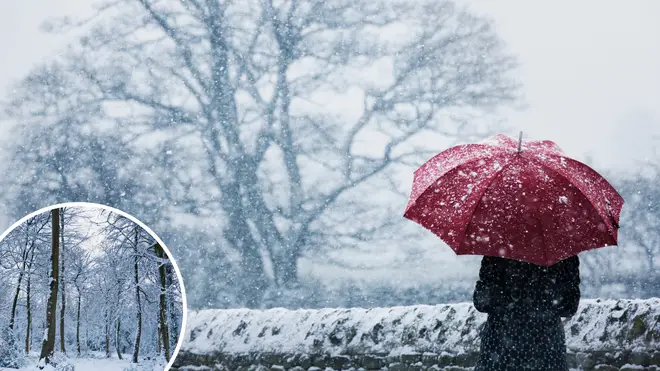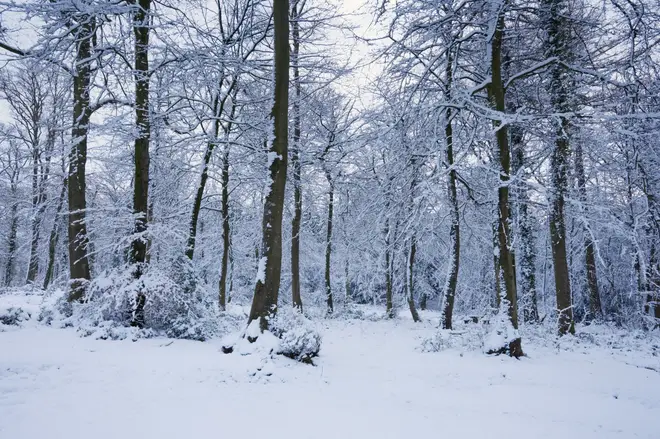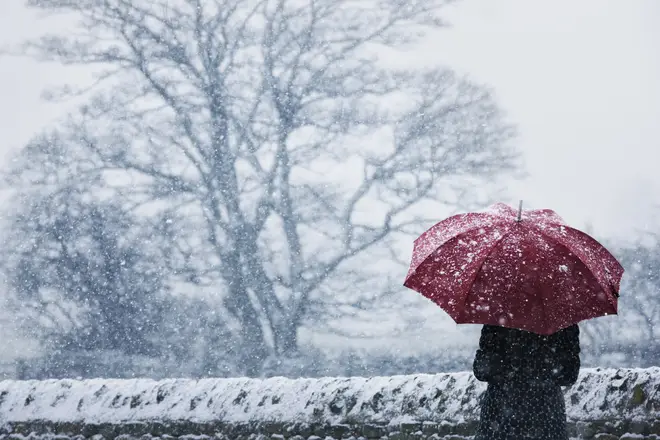
Henry Riley 4am - 7am
12 October 2023, 18:20

After a wet and windy summer, the UK was finally treated to some warmer temperatures in September and October - now, it's time for snow.
While there was a mini-heatwave in the UK at the start of the month, with temperatures reaching 26C on Saturday, it is now starting to get into cold weather territory.
Snow is expected to fall on higher ground in Scotland this weekend, according to a fresh Met Office forecast.
While it is unlikely to snow anywhere else in the UK just yet, temperatures are set to plummet across the country.

A spokesperson for the Met Office said: "There will be widespread frost on Saturday night and into Sunday across the UK."
There will be sleety showers, which could turn to snow on higher ground on Saturday.
Read More: SSE sees production lower than hoped due to poor weather
They told the Mirror: "It is the first sign of winter but Scotland experienced cold and wet weather last weekend, with flooding in places, so the change in temperature won't be too dramatic, unlike in the south of England for instance.
"There will be lows of 0C on Saturday night in rural parts of the UK, and perhaps -4C in rural parts of Scotland on Saturday night.
"So there will be a fresher and cooler feel on Saturday and Sunday across the UK. It'll remain clear and bright, though, but with some showers in northwest England."

According to the Met Office's long range forecast, which runs from October 27 to November 10, temperatures could be colder than usual this Autumn.
It reads: "Overall, probably a good deal of dry weather through this period, especially in northern and eastern areas.
"Some rain is likely at times, particularly in the south and west, where there is a chance, here, of generally unsettled conditions dominating through this period.
"Temperatures will probably be around average or slightly cooler than average. Overnight frost and fog patches perhaps more likely than usual, especially in northern and eastern areas."